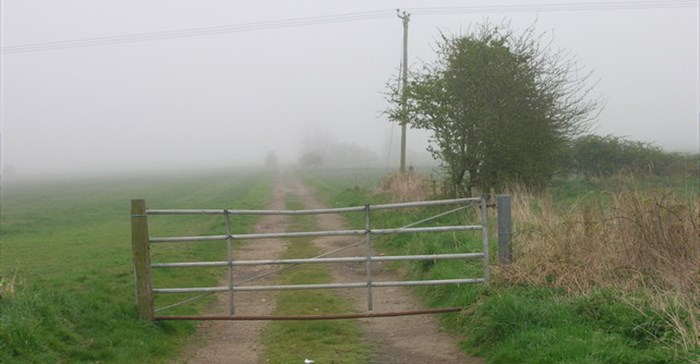






Sustained, extremely high temperatures have made 2015 the hottest year in recorded history and ensuring that the current drought is severe. But South Africa is a water scarce country and droughts are an integral part of our agricultural cycle. Our farmers and agribusinesses have proved themselves to be extremely resourceful in drought conditions. So, while we need to take the necessary steps to mitigate the impact of what looks like is going to be tough year ahead, we should use the drought to eradicate efficiencies in our practices and systems and to find alternative routes to sustainability.
With climate change making weather patterns increasingly difficult to predict, it may not necessarily persist forever and some recovery in the agricultural sector may be possible.
In any case, the southern parts of the country have had reasonable rains and farmers there could well produce a better than average crop. The possible settlement of the disputes around the AGOA, with regards to the United States agreement with South Africa, also means that certain agricultural sub-sectors, such as wine, citrus, and macadamias, could have some market security restored.
In addition, the fruit and nut sub-sectors have had a good season and their prospects for 2016 are looking good. It's important, however, for those sectors enjoying a fairly reasonable season to nonetheless make contingency plans and build buffers for the future. Not just because of the unpredictability of the weather but because markets are shifting all the time under the influence of new consumer trends and a strong global emphasis on food safety and security.
Even the grain sector, where the drought is taking its heaviest toll, should be alert for opportunities represented by significant price movements. The price of maize, for example, moved by almost R1,000 in six months.
It is simply no longer possible to take a passive approach in agriculture. Agility is the only way to sustainability. Agility is also key to survival in the specific context of the El Nino effect. The maize sub-sector under-produced by some 20% in 2015 and, because of the drought, could have an even smaller output this year.
If so, South Africa will have to increase its maize imports, pushing consumer prices up and feeding the woes of livestock producers, who are being forced by lack of grazing to send stock to the abattoirs early. Because of oversupply and a decline in the quality of the animals available for consumption, the price of meat is expected to be under pressure for some time. Feed for poultry will become more expensive and trigger a drop in profitability. Production of sugar has been under pressure during 2015, creating more price anxieties for consumers and profit constraints for producers and processors.
From the farmer's point of view and that of the country's food security, what matters now is adapting quickly and sensibly to the circumstances. The place to start is with the balance sheet. How much capacity have you used in accommodating current conditions and, therefore, how much is available for bringing into play alternative production options? Should you plant different, drought resistant crops, or should you simply reduce planting because of very low soil moisture content? Don't guess. The stakes are too high. Do proper production economics calculations to find out exactly where your break even points are.
When it comes to livestock, work out precisely what your reserves are, in terms of the amount and quality of grazing available. When you sell breeding stock, you erode the heart of your operation. Basing your decision on hard, verifiable facts could be the difference between losing or saving your farm.
Looking beyond the farm gate, efficient and environmentally beneficial management of water needs to move to the top of agriculture's agenda. That seems obvious when we're in the middle of a drought. But, agriculture is the country's largest user of water and we have a duty of care to the country in securing South Africa's future water supply. Also, agriculture is the custodian of most of the country's natural environment. We need to demonstrate that we take that responsibility seriously. One way of doing that is to use renewable energy. Another is to supply it - in the form of biomass.
The drought also highlights the importance of infrastructure to South Africa's and the region's food security. Should the drought persist, it will necessitate the movement around the country of large quantities of imported commodities that will have an impact on feeding animals and humans. Inadequate infrastructure will trigger food safety issues, among many other risks.
All of these challenges are also part of the land reform discussion. Redistribution of land is essential. It serves no-one, however, if the process doesn't ensure that natural resources are conserved, water is managed in the best interests of the whole country, and that the country's food supply is secure.
This drought will end. Others will take its place. Individual farmers and agribusinesses, commercial entities like ourselves, and government need to work together to make the industry more efficient and agile, regardless of the weather. And we need to look beyond specific conditions to a longer term strategy that will equip agriculture not only to moderate the effects of climate change but to also manage them effectively rather than to simply respond to consumer tastes.